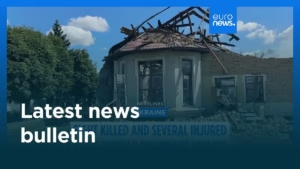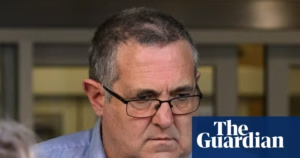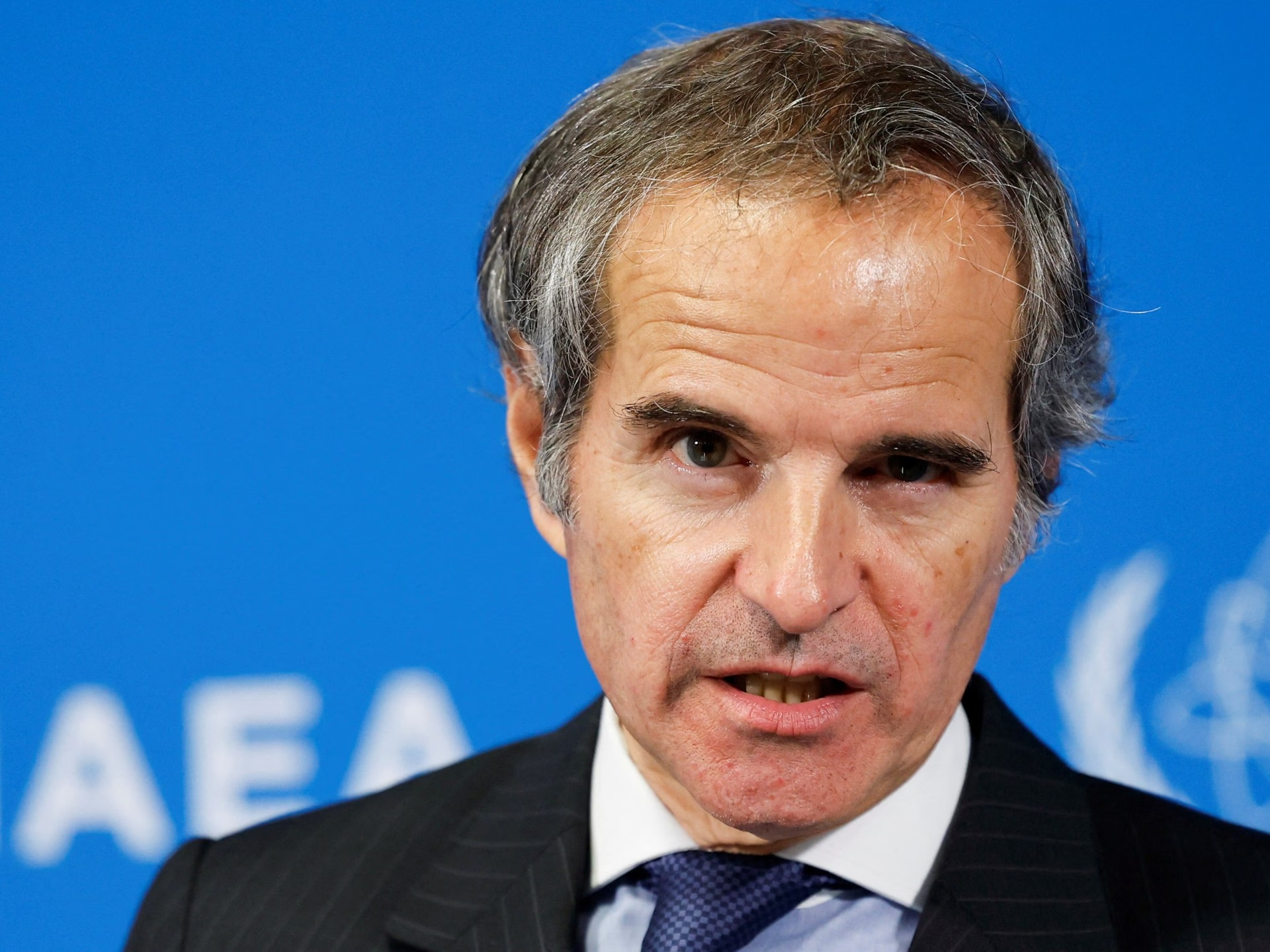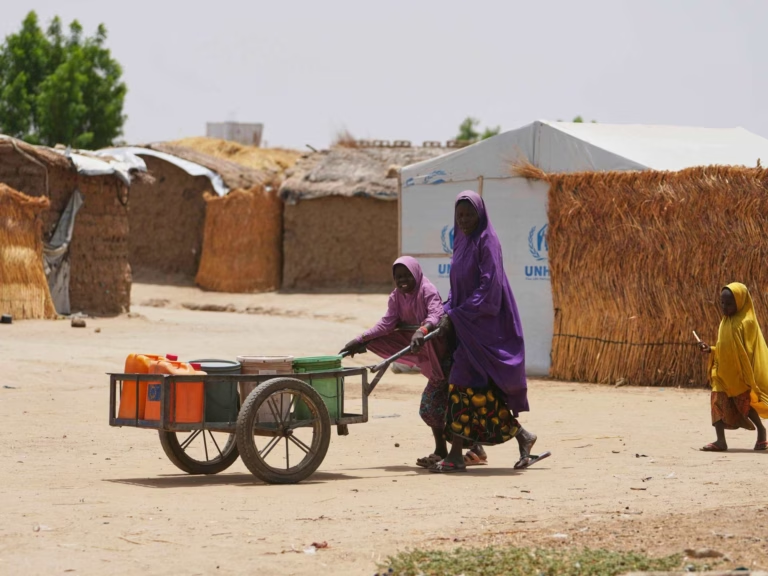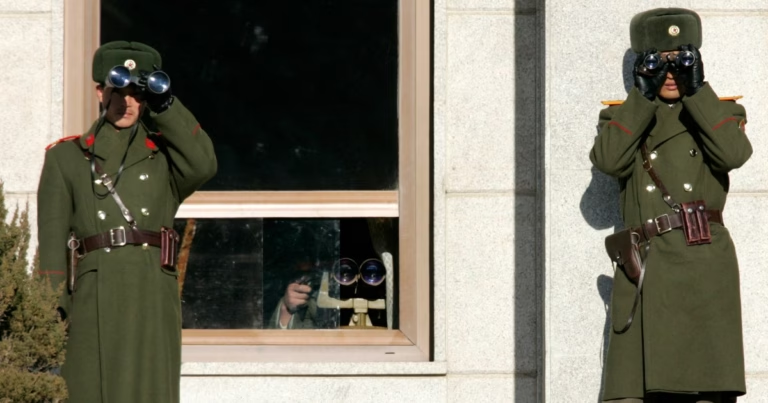Rafael Grossi expresses concern regarding Iran’s accumulation of 60 percent enriched uranium, nearing the level required for weaponry.
Grossi’s comments come after US President Donald Trump claimed the recent attacks would hinder Iran’s nuclear program for “decades.”
Grossi informed CBS News that while key facilities were struck, some remain intact. He stated, “They could have several centrifuge cascades operational and producing enriched uranium within months, possibly even sooner.”
Grossi also highlighted concerns over Iran’s reserves of uranium enriched to 60 percent, just shy of being weapons-grade. Should this uranium be further refined, it could theoretically produce more than nine nuclear bombs.
Grossi admitted the IAEA does not know whether the stockpile had been moved prior to the bombings or was partly destroyed. He emphasized the need for clarification on this matter.
Israeli Strikes
The Israeli strikes began on June 13, targeting Iran’s nuclear and military sites. Israel asserted these actions aimed to impede Iran from acquiring nuclear capabilities, something Tehran has continuously denied. The US joined the attacks shortly after, targeting three of Iran’s nuclear sites.
Following the attacks, Iranian lawmakers decided to suspend cooperation with the IAEA and rejected Grossi’s request for inspections, including at the underground enrichment facility at Fordow.
“We must be able to verify what is present, its location, and what transpired,” Grossi declared.
According to the Iranian Ministry of Health, at least 627 civilians were killed nationwide during the 12-day assault, which also saw 28 individuals killed in Israel due to retaliatory strikes by Iran, as reported by Israeli authorities.
On Saturday, Iran’s judiciary announced that an Israeli missile strike on Tehran’s Evin Prison on June 23 resulted in 71 deaths, including military conscripts, detainees, and visitors.


